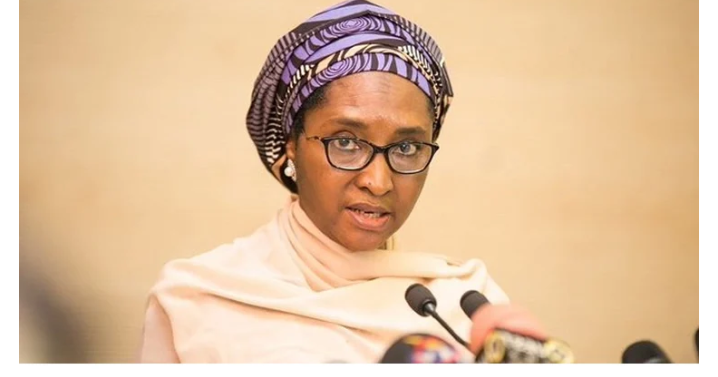The Federal Government recorded a revenue shortfall of N1.76tn in the first half of this year, official data have shown.
According to a revenue performance report, which was obtained from the Budget office of the federation, the Federal Government’s projected revenue for the 2021 fiscal year was N7.9tn, of which N3.9tn was earmarked as pro rata target for the first six months.
As at June 2021, the government had only generated N2.3tn, or 44.1 per cent of the pro rata estimate, indicating a revenue gap of N1.8tn.
During the period under review, the aggregate revenue of N2.23tn comprised oil revenue of N492.4bn, non-oil revenue of N778.2bn and N922.1bn from other revenue sources including independent revenue of N558.1bn.
The report said, “FGN share of oil revenues was N492.44bn (which represents 49 per cent performance), while non-oil tax revenues totalled N778.18bn (104.5 per cent of pro rata)
“Companies Income Tax and Value Added Tax collections were ahead of the budget targets with N397.02bn and N129bn, representing 116.5 per cent and 108.2 per cent respectively of the pro rata targets for the period
“Customs collection was N234.02bn (92.1 per cent of target). Other revenues amounted to N922.09bn, of which Independent revenues was N558.13bn.”
In 2018, the Federal Government introduced the Strategic Revenue Growth Initiative to address the challenge of low revenue generation.
The SRGI, which was instituted by Finance Ministry, contains a robust set of initiatives that was cascaded down as programme portfolios to revenue-generating entities.
The Minister of Finance, Budget and National Planning, Zainab Ahmed, had said the initiative was aimed at harmonising efforts of all the revenue-generating agencies in increasing revenues to government’s coffers and grow Nigeria’s revenue to Gross Domestic Product ratio from the current eight per cent to 15 per cent by 2023.
Ahmed had said, “The SRGI and Finance Act, 2020 will aid the economic recovery process of the Nigerian economy through initiatives and strategies that will grow fiscal revenues, improve the ease of doing business, counteract the impact of the oil price fluctuations and integral fiscal monetary and trade policies.
“Through the initiative, we hope to achieve cohesion between revenue generating entities and equipping them with cutting-edge tools and expertise needed to support high performance.’’
Despite the initiative, the government has continued to grapple with revenue shortfall, a trend financial analysts have attributed to cost of governance and poor tax generation.
A financial expert and the Chief Executive Officer of Capital Management, Gbolade Idakolo, stressed the need for the government to focus on economic diversification to boost revenue.
“The country is blessed with adequate mineral resources and manpower, what the government needs to focus on is how to add value to our raw material before exporting both human and material resources,” he said.





